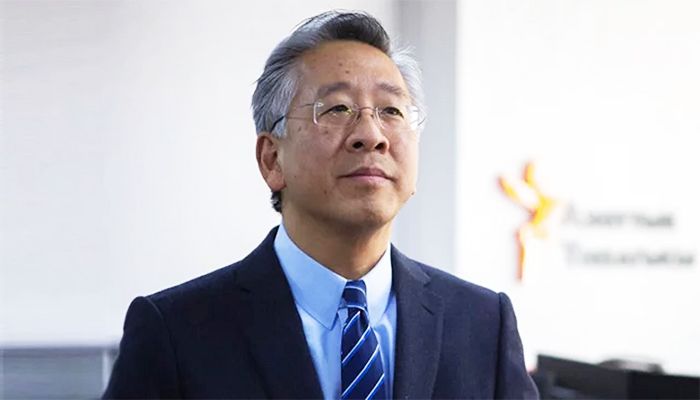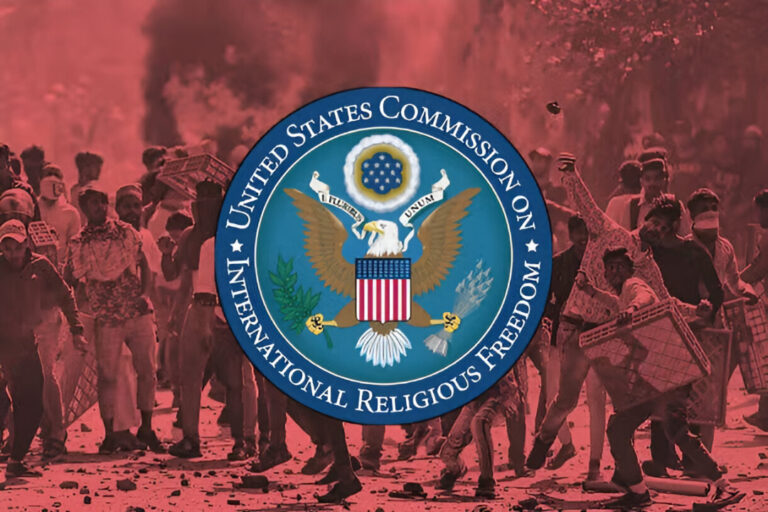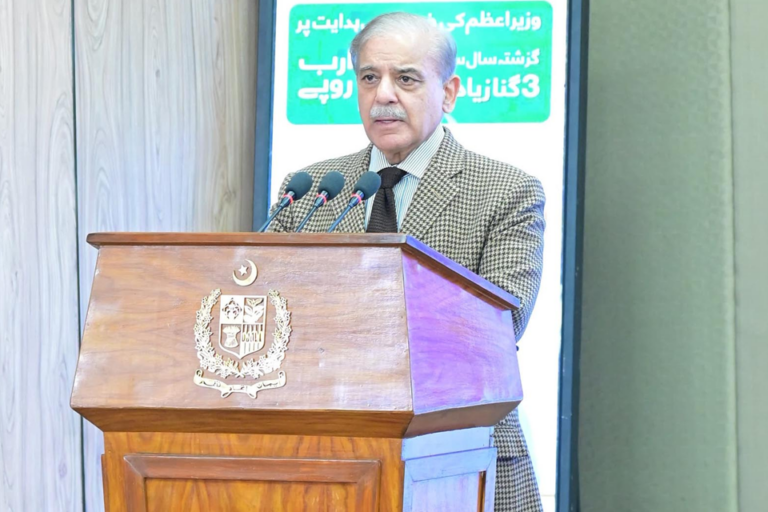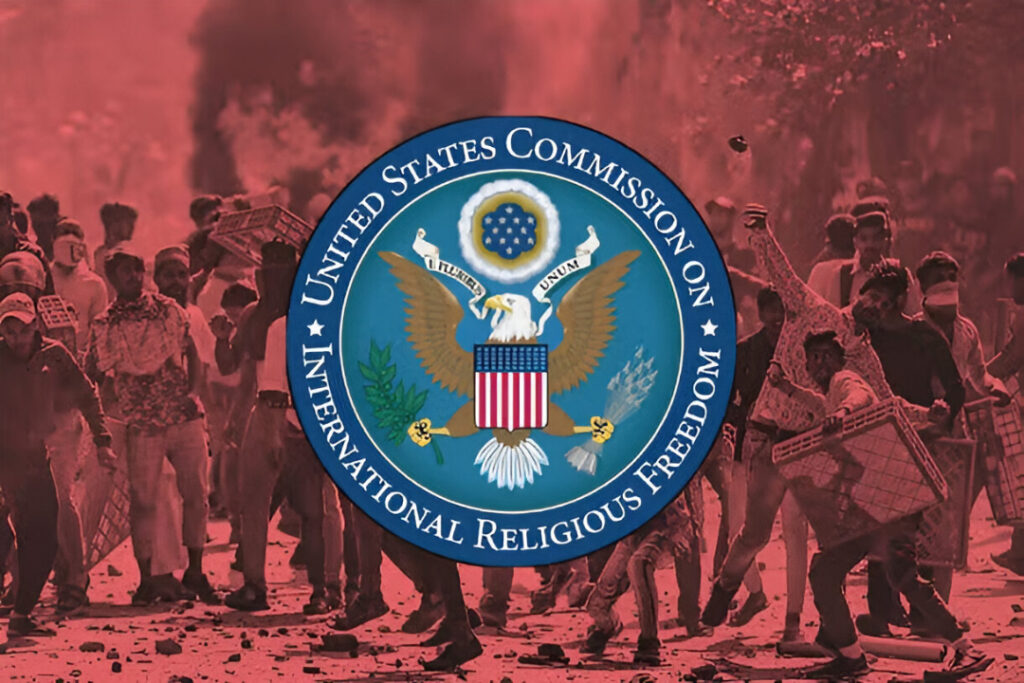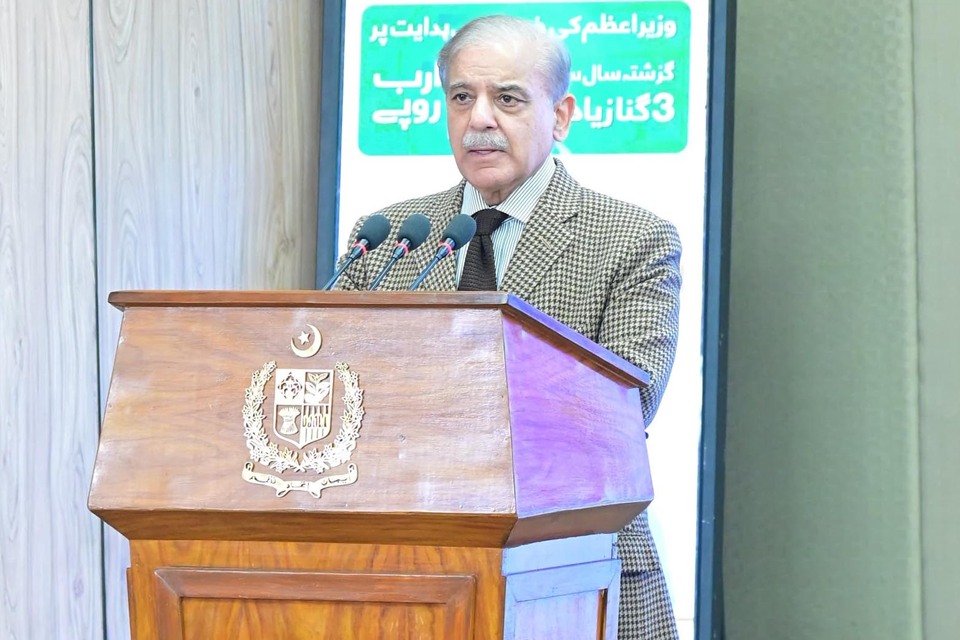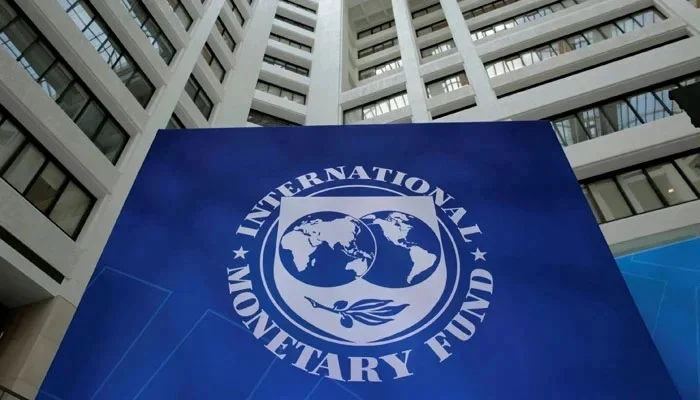The U.S. State Department announced the end of Donald Lu’s tenure as Assistant Secretary for South and Central Asia. His term officially concludes on January 17, 2025, marking the end of an eventful period in U.S. diplomacy. Appointed in 2021, Lu played a key role in shaping relations with South and Central Asian countries.
During his time, Lu worked to strengthen partnerships, promote stability, and address shared challenges like terrorism and economic issues. However, his tenure was not without controversy. In 2022, a significant diplomatic incident involving Pakistan’s former Prime Minister Imran Khan gained international attention.
Khan accused the United States of conspiring to remove him from office, using a diplomatic cable as evidence. The cable allegedly documented a conversation between Lu and Pakistan’s ambassador, discussing U.S. concerns about Khan’s policies. Khan claimed this conversation proved foreign interference, leading to public protests and political turmoil in Pakistan.
The U.S. consistently denied these allegations, emphasizing that the conversation was misinterpreted. Lu directly addressed the claims, stating they were false and taken out of context for political reasons. Despite denials, the controversy strained U.S.-Pakistan relations, dominating headlines and fueling debates about foreign influence.
Meanwhile, within Pakistan, the controversy divided opinions. Supporters of Khan’s party saw it as proof of U.S. interference. Others dismissed it as a baseless claim aimed at gaining political leverage. This political unrest underscored the fragile balance in U.S.-Pakistan relations.
As Lu’s tenure ends, the State Department clarified that his departure was the natural completion of his term. The focus now shifts to selecting his successor, a critical decision given the region’s evolving geopolitical landscape. The next Assistant Secretary will face challenges requiring diplomatic skill and strategic vision.
The “Cipher Gate” controversy highlights the complexities of diplomatic communications and their impact on international relations. It serves as a reminder of the need for clarity and careful handling of sensitive discussions.
Looking ahead, the U.S. aims to strengthen ties with South and Central Asia while addressing regional challenges. The lessons learned from Lu’s tenure will guide future diplomatic efforts. His time in office emphasized the importance of transparency, communication, and mutual understanding in international diplomacy.
Although his term was marked by challenges, it also demonstrated the enduring value of dialogue and cooperation. The road ahead offers both opportunities and obstacles, requiring sustained diplomatic engagement. As the U.S. continues its work in the region, the focus will remain on fostering stability and growth.
The end of Lu’s tenure signifies not just the conclusion of one chapter but the beginning of another. The U.S. will build on past experiences to strengthen partnerships and promote shared goals in South and Central Asia. This transition reflects the ongoing commitment to diplomacy in a complex global environment.

